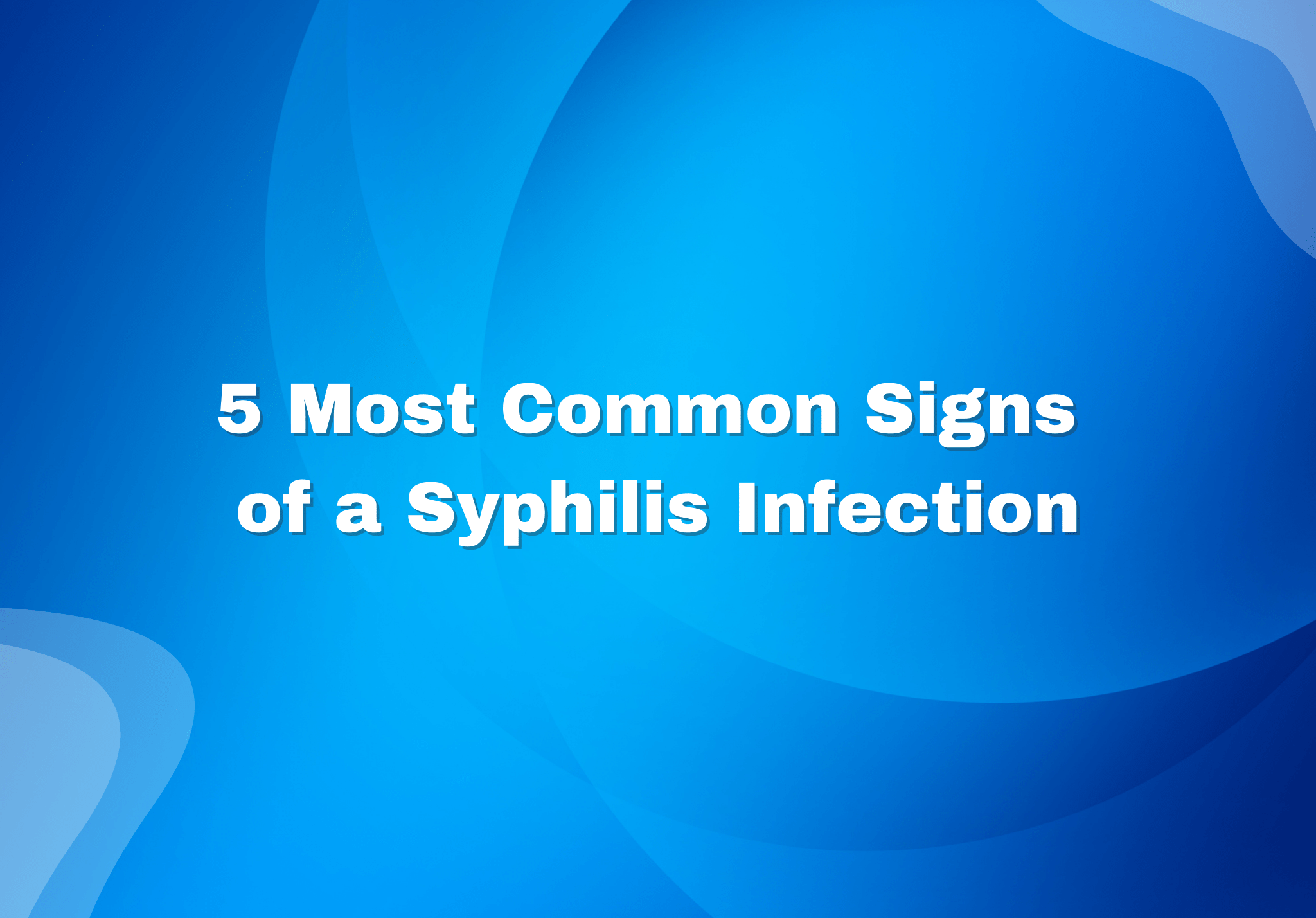No one wants to hear that they have syphilis. Even as we work toward a society that’s more open about sex, venereal diseases tend to carry a stigma. However, having an STD is nothing to be ashamed of. If you suspect you may have syphilis, you need to get tested. This disease is highly treatable in the early stages. Antibiotics alone can cure an infection that’s caught early. Here are the most common signs of a syphilis infection:
Chancre Sores
The most common place to find chancres, which are small, painless sores, is the genital area. However, they can appear anywhere on the body. Other common areas are on the mouth or lips. These sores typically appear yellow-gray with a white-gray center and a red border. Left untreated, they can become itchy or even painful. Having these sores is the most common sign of a syphilis infection.
Rashes
These will appear on the palms of the hands or the bottom of your feet. Having rashes elsewhere on your body could be signs of another infection, but these two places in particular mean it is very likely to be syphilis.
Flu-like Symptoms
Flu symptoms generally mean you should get tested for the flu. However, similar symptoms, like fever, swollen lymph nodes, and fatigue, can appear as signs of syphilis. If you have flu-like symptoms combined with any other symptoms listed here, you should get tested for syphilis.
Hair Loss
In the later stages of syphilis, you may begin to lose your hair in patches. If this starts happening to you, you need to be tested for syphilis as soon as possible before your condition worsens. Before you start losing your hair, it may become brittle and thin.
White Patches
When you have syphilis, white patches may appear on your mouth or tongue. This symptom can appear due to a number of conditions, like certain allergies and injuries, but syphilis is one of the most common.
While syphilis is treatable, it will not typically go away on its own. Left untreated, it can cause nerve damage, paralysis, tumors and even blindness. At Infections Managed, our physicians and caring staff are here to help you from diagnosis to end of treatment and beyond. Call us today at 954-776-9992 to schedule your appointment.

